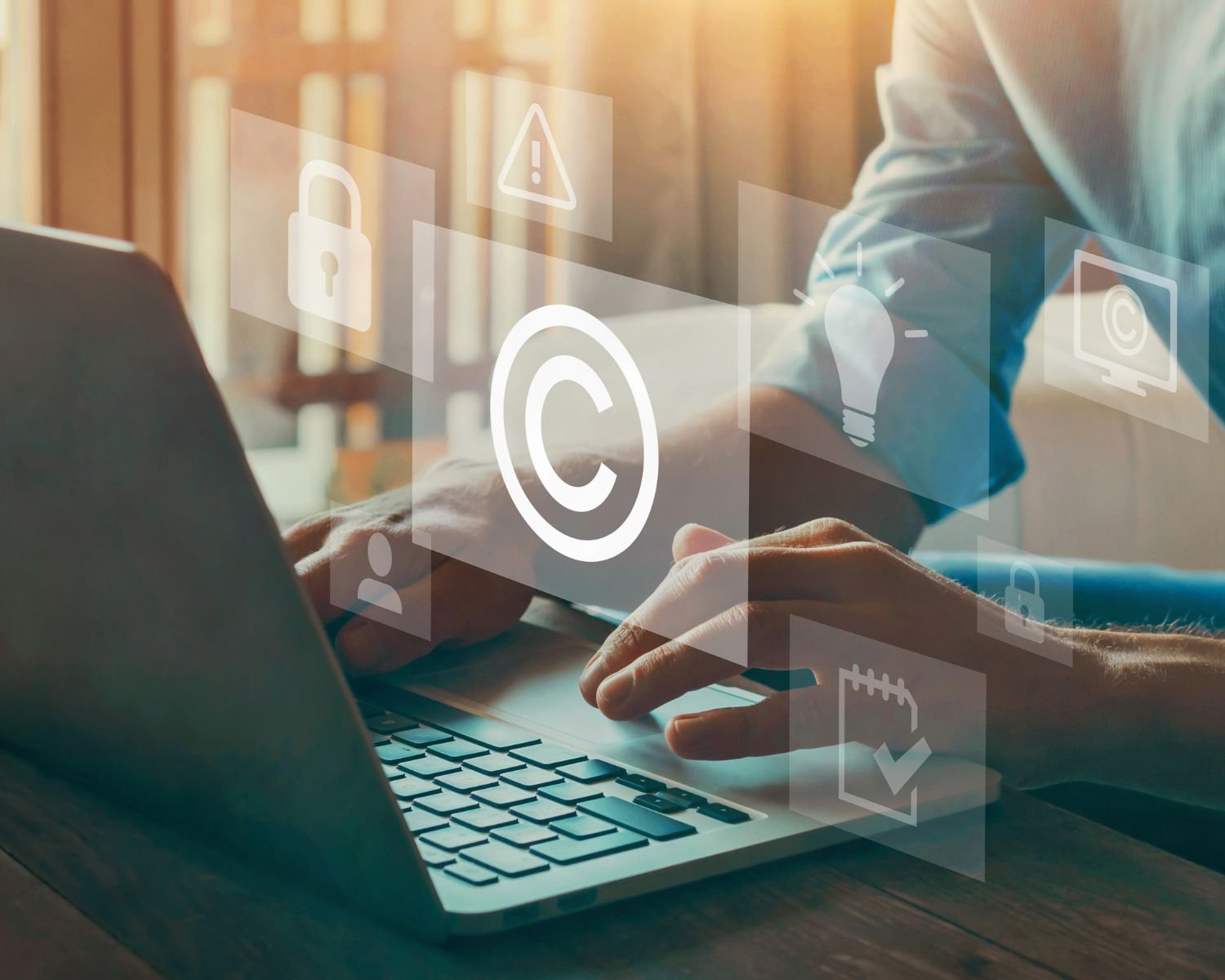Everything you need to know about copyright ©: what is it and how does it work?
A melody in your head, a thrill running through your veins with every note you play; this piece, born of a spark of inspiration, represents hours of work, passion and, above all, a part of your soul. But once your masterpiece is finished, how do you make sure it's protected? What are the differences between copyright and droit d'auteur?
Understanding copyright means valuing every note, every chord, every emotion you put into your music, and respecting the creativity, imagination and passion of every artist. So, are you ready to protect your symphony? Tune up your instruments, and join us in learning all about copyright!
What is copyright?
Copyright © is a set of legal rules protecting artistic or literary works in Anglo-Saxon Common Law countries such as the United Kingdom, Australia and the United States. These rights allow the owner to control the use of his or her work, and to benefit financially from its reproduction, distribution, performance or adaptation. In other words, if a company or individual wishes to use a work protected by copyright, they must obtain authorization from the rights holder (usually the author). These rights are not eternal, and expire 70 years after the death of the holder, after which the work enters the public domain and can be used freely by anyone.
The copyright © symbol may also be accompanied by notices such as "All rights reserved" or "Reproduction prohibited". This indicates that the work has been registered and its use is protected by copyright.
Copyright and authors' rights: what's the difference?
Intellectual property is a vast field that encompasses various rights designed to protect creations and works of the human mind, such as copyright.
Unlike copyright in France, copyright applies exclusively to the work itself, and not to its author or creator. Copyright focuses on the work itself, particularly when it is intended for distribution. In this context, it is the person who makes the work available to the public who is considered to hold the rights to this creation. As a result, the author's economic rights are restricted, and his moral rights are not recognized.
By comparison, in France, the author benefits from a perpetual (transmitted to his descendants indefinitely) and non-transferable moral right. These rights include :
The right to decide when and how the work will be unveiled to the public.
The right to associate his name with his work.
The right to withdraw his work from sale.
The right to object to any alteration of the work.
In the copyright context, these moral rights do not exist. It is therefore possible to modify a work without the consent of the author or his descendants. To contest a distortion of his work, the author must refer to other legal fields, such as defamation or consumer law.
How does copyright work?
Copyright requires registration. One of the main distinctions between copyright and authors' rights is the need to register the work. In France, a work is protected by copyright as soon as it is created, with no formalities required. Registration serves primarily to establish an official date for the work, useful in the event of litigation, such as accusations of counterfeiting.
However, under a copyright regime, obtaining rights to a work requires registration with a competent authority. The © symbol indicates that the work has been duly registered. This approach is more akin to trademark or patent registration procedures.
What is the legal value of copyright in France?
Copyright is mainly an Anglo-Saxon concept, so the terms "copyright", "all rights reserved" and the © symbol have no legal value in France. Nevertheless, using this symbol is not forbidden and can even be beneficial, as it facilitates identification and contact with the author of the work. Many webmasters are adopting it on their websites, which are already covered by a copyright specific to software, as at Newzik!
🎶 Dive into a world of scores subject to strict copyright standards. Play, respect and share in complete serenity with Newzik ! Find your score library on your tablet, phone and computer, share and annotate your scores ad infinitum in the rules of art!

